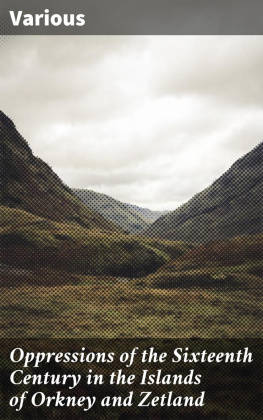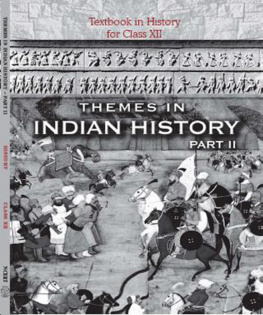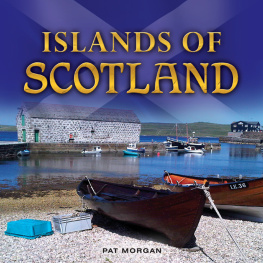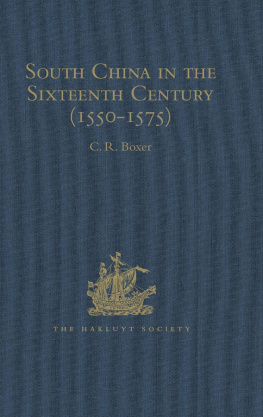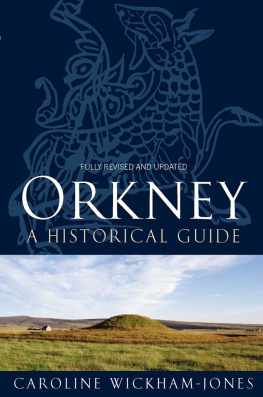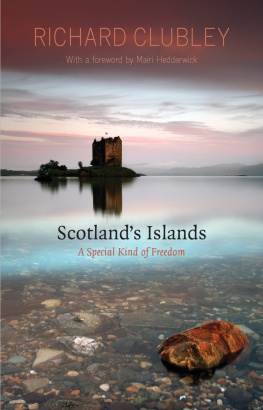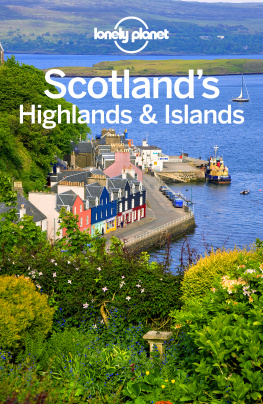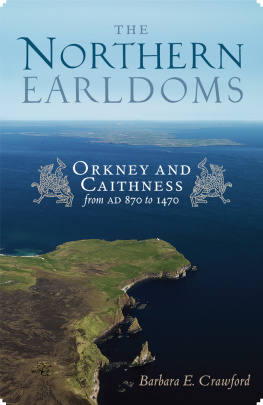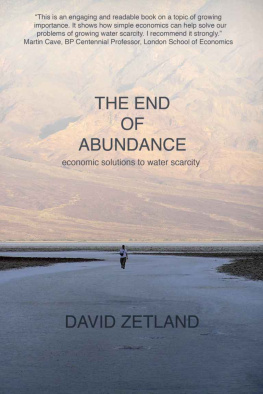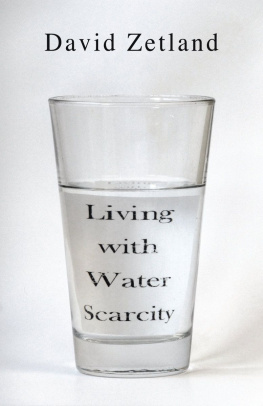PREFACE.
Table of Contents
The following documents illustrative of the Oppressions of Orkney and Zetland in the Sixteenth century, are now for the first time presented to the public, and have been carefully transcribed from the original MSS., or from contemporary and authentic copies.
I. The First Articlis given in against Lord Robert Stuart of Orkney, 16th December 1575, are printed from an official copy of the same period, preserved among the very curious collection of Scottish State Papers in the possession of the Right Honourable the Earl of Hopetown, whose ancestor was Lord Advocate in the next reign, and I owe the knowledge of its existence to the information and courtesy of Mr. Joseph Robertson of the Register House.
II. The Complaintis and Probatiounis of the Inhabitantis of Zetland, against Laurence Bruce of Cultmalindy (February 1576), are printed from the original MS., authenticated by the signature of the Royal Commissioners, Mudy and Henderson. This curious State Paper was shown to me about twenty years ago by a late Sheriff of Orkney, and I then made two transcripts, one of which, with the original, I gave to him, retaining the other, which, at one time, I feared might be the only existing copy of so interesting a document. On his death the MS. disappeared till 1856, when it was offered for sale to Mr. David Laing, to whom the Antiquaries of Scotland owe so large a debt of gratitude, and to whose kindness I also am indebted for the opportunity of collating my transcript with the Original.
III. The Commission to Sir John Maitland, the Chancellor, and Sir Lewis Bellenden, Justeis Clerk, and to Sir Patrik Ballentyne 1587, to enquire into the complaints against Lord Robert Stewart, lait Erle of Orkney, and James Stewart of Grmsay, his natural son, is printed from the original MS., authenticated by the signature of Andro Elleis, Clerk to the Privy Council. This Commission was previously published in the Antiquarian Magazine, October 1848, by Mr. George Petrie, the most diligent and useful of Orkneyan Antiquaries, but by his kind permission is again presented to the public in a form more lasting and accessible.
IV. The Supplication to the Parliament be the Gentilmen of Orkney and Zetland (1592), is printed from a Doubill of the same period among my own papers, and is inserted, not so much for the sake of any information derivable from the statements of these Udack pretenders to Odal rights, as to illustrate the ignorance which so rapidly effaced all Odal traditions even in Orkney, and to share with others my enjoyment of the pleasant Measure for Measure exhibited in the complaints of Laurence Bruce as a victim of oppression.
. For etymological reasons, I prefer the terms Odal and Odaller to the more usual but less correct forms of Udal and Udaller .
I have endeavoured to elucidate a subject so interesting to my countrymen, but so inaccurately understood even by those best acquainted with the general history of Scotland, by prefixing some introductory notices, adding an explanatory and etymological Glossary of unusual terms, and appending the Complaints of the Orkneyans against David de Meinars (Menzies of Weem) 1427, from the Orcades of Torfus, and a Sketch of the early Survey and Valuation, Rentals, Weights, and Measures of the Islands.
I had intended to add a number of documents illustrative of Odal Law, Succession and Pedigree; of Things, Oaths, and Umbothskap; of the Conveyance, Assedation, Impignoration, and Redemption of Land; of the Transition from Norse to Scottish law, language and thought; and of the Oppressions and Assumptions of the Stewart Earls of Orkney. But the growing mass of such materials, and the difficulty of rejection or selection, where all seemed to me so interesting, have compelled me to forego so large an addition to a volume already unduly extended.
Balfour , 31st December 1858.
INTRODUCTION.
Table of Contents
The History of Orkney and Zetland is still to be written. There is no part of the United Kingdom which possesses historical materials more ample, or more early, and none so little known as these, the last acquired of the British Isles. But where the sources of information are so scattered and inaccessible, it is perhaps easier to estimate the amount of attainable knowledge, than to fathom or fill up the depths of inevitable ignorance, and I am far from pretending to supply this desideratum. I still hope to see it in abler hands, when the same research, learning and acumen, which have done so much to elucidate the Celtic history of the North of Scotland, shall be applied to the parallel subject of these not less interesting Islands. In my essay on a theme so difficult both from its antiquity and its novelty, I shall account it a sort of success, if my statements, omissions or mistakes, shall tempt or provoke some more capable or more practised inquirermore earnest, and more honest in the search for truth, he cannot be.
What I now propose is, to give only such brief introductory notices as may seem necessary to illustrate the Articles , Complaints and other documents, selected from the many Supplications, Petitions, Protests and Memorials of the ill-used Islanders, not merely on account of the more minute details which they contain of oppression and misrule, but for their curious glimpses of social life in the far North, and the olden time, and of the laws and customs of a day and district so near, and yet so strange.
Placed on a salient point, dividing two oceans, flanking the two weakest coasts of Britain, and confronting within a few hours sail, the mouths of the Baltic and the Elbeindented with fine harbours, easily made as impregnable as any in Northern Europe, and never boomed like them by half a-year of icewith a soil of more than ordinary fertility, and a sea-loving people, hardy, intelligent and enterprisingOrkney was well adapted to become the vanguard of northern civilization and commerce. The fostering liberality which has raised a Venice in the Baltic, might easily have made of Orkney a garden or a granary, and of any one of its score of harbours, the Valetta or Sebastapol of the Atlantic and German Oceans. Perhaps with such a position and structure, soil and population, it might even have become (under circumstances less repressive), the powerful centre of an independent Hanseatic league, the check and counterpoise of the usurped monarchy of the seas. But for nearly four centuries, it has been mediatized into an overtaxed and overshadowed dependency, and dragged in the rear of a political and commercial system, in the advantages of which it has been grudgingly permitted to share, but in whose reverses it has ever been made to suffer most unequally; and the few who have cared to trace its history, have been too much absorbed in the painful interest of its actual condition, to indulge in speculations on what it might have been.
While these Islands were Scandinavian, if not independent, they had from locality and circumstance some individual action, and a history; but since they became an item of Scotland, and Scotland of the integer of Britain, they have had no self-motion to record, but short episodes of struggle, the spasms of a feverish nationality to be crushed as rebellion against the dominant state. But their fate has been more hard than that of most small nations, merged in another larger than themselves. The ruling power had not only the usual interest in profiting by union, repressing insubordination and veiling oppression, but also (from its defective title) in suppressing its surreptitious profits, lest others should estimate too well the value of Scotlands gain and Norways loss.


